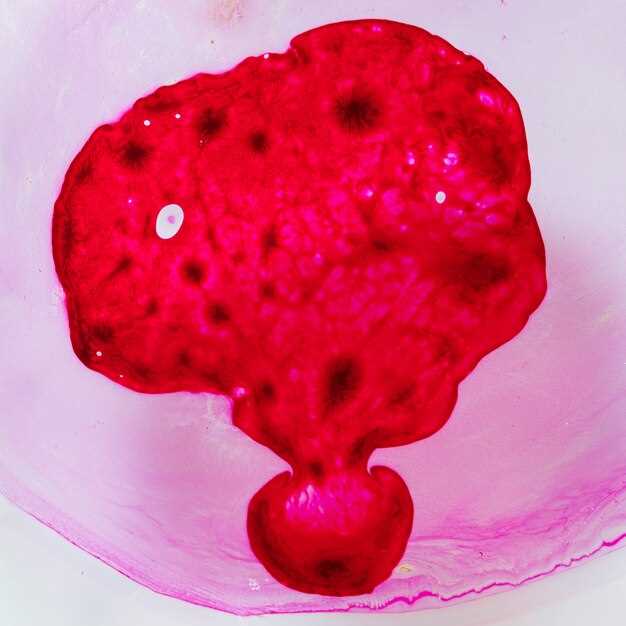
Struggling with gastrointestinal issues? Experience the relief you deserve with our comprehensive solution, meticulously crafted to support your digestive well-being. Discover the power of effective strategies in addressing gastric concerns without compromising your vitality.
Understanding Gastrointestinal Complications of Antiplatelet Therapy
In this segment, we delve into the intricate realm of adverse effects that can arise from certain medications aimed at preventing blood clotting. As we explore the nuances of these pharmaceuticals, we aim to shed light on the potential risks associated with their usage, particularly concerning the gastrointestinal system.
Unveiling Vulnerabilities

When it comes to safeguarding cardiovascular health, medications like antiplatelets play a pivotal role. However, this protective shield against clotting isn’t devoid of its vulnerabilities. Delving deeper into the intricacies of these medications, we uncover a spectrum of potential side effects, some of which center around the delicate balance within the gastrointestinal tract.
- Gastric Distress: The delicate lining of the stomach and intestines may become susceptible to irritation, leading to discomfort and distress.
- Microscopic Erosions: Under the influence of certain antiplatelet agents, subtle erosions may manifest within the gastrointestinal mucosa, posing latent risks.
- Hemorrhagic Concerns: The intricate network of blood vessels within the GI tract might face heightened vulnerability to bleeding episodes, raising concerns for individuals undergoing antiplatelet therapy.
Navigating Risk Factors
As we navigate through the maze of potential complications, it becomes imperative to identify and comprehend the factors that can exacerbate the risks associated with gastrointestinal issues. These risk factors, ranging from lifestyle choices to underlying medical conditions, play a pivotal role in shaping the landscape of vulnerability.
- Dietary Habits: Certain dietary components, such as spicy foods or alcohol, can exacerbate the susceptibility of the gastrointestinal tract to adverse effects.
- Previous Medical History: Individuals with a history of gastrointestinal disorders or prior instances of bleeding may face heightened risks when subjected to antiplatelet therapy.
- Concomitant Medications: Interactions between antiplatelet drugs and other medications can further amplify the risk of gastrointestinal complications, necessitating a nuanced approach to pharmaceutical management.
By unraveling the intricate interplay between medication, individual physiology, and lifestyle factors, we endeavor to empower individuals and healthcare providers alike in making informed decisions regarding antiplatelet therapy.
The Risk Factors

Exploring the intricate landscape of potential hazards associated with certain medications unveils a nuanced understanding of health dynamics. In this section, we delve into the array of factors that contribute to adverse reactions, shedding light on the multifaceted nature of susceptibility.
Contributing Elements
- Dietary Habits: The dietary regimen one adheres to can significantly influence the likelihood of experiencing adverse effects.
- Genetic Predisposition: Genetic variations play a pivotal role in determining an individual’s response to pharmaceutical interventions.
- Coexisting Conditions: The presence of underlying medical conditions can exacerbate the susceptibility to undesired outcomes.
Environmental Influences
Moreover, environmental factors intertwine with personal health choices to sculpt the overall risk profile. From lifestyle preferences to external stressors, each element contributes to the intricate tapestry of vulnerability.

